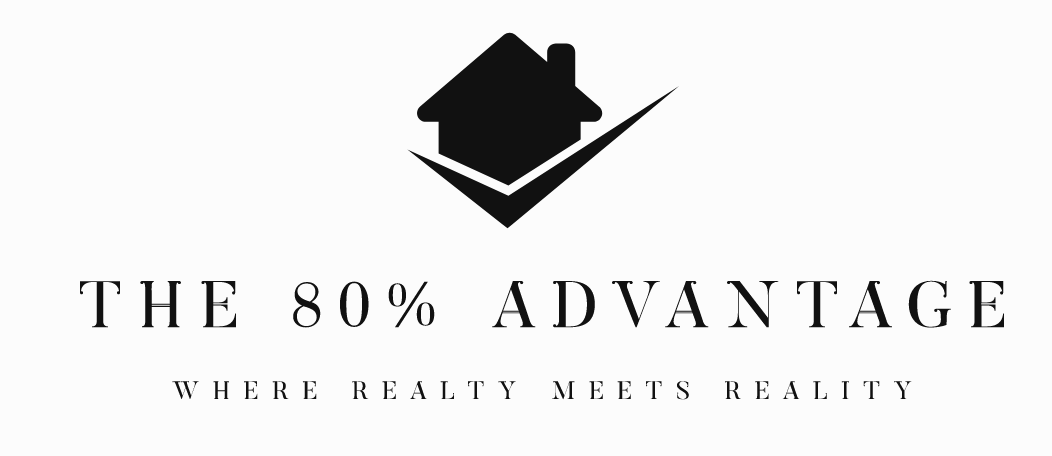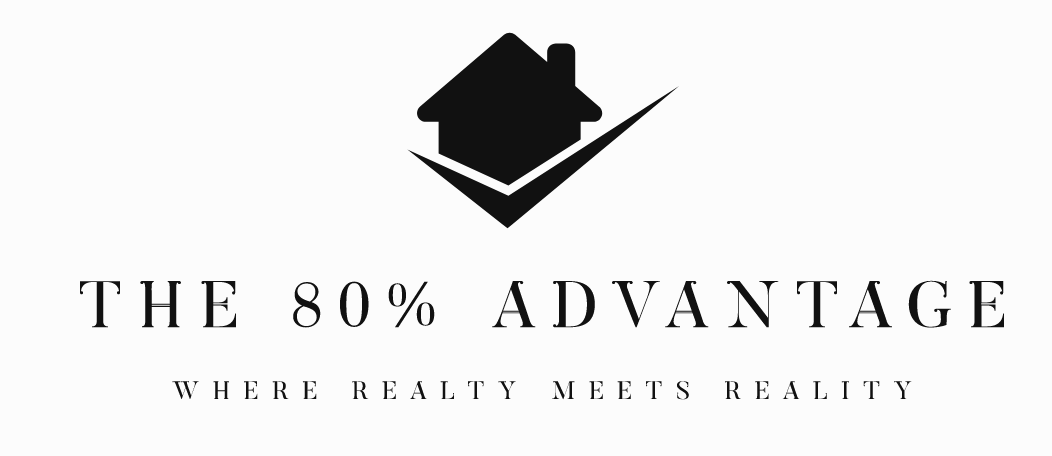The 80% Advantage: Where Realty meets Reality!
Discover a home buying experience that's as genuine as our commitment to your savings
Whether you’re buying or refinancing, we have a wide selection of properties and loan products for you to choose from. Explore and find your dream home now.
Why choose us
Best properties in town
With 'The 80% Advantage' at your side, discover premier properties meticulously curated by our dual-expertise team. Dive into our prime selections and find the perfect property aligned with your aspirations and needs.
Passion for the work
Driven by an unwavering passion for real estate and the unique edge of 'The 80% Advantage', we take pride in every property journey we guide. Allow us to channel that fervor, ensuring you find a home that ignites equal passion in you.
Top tier realtors
Handpicked for their unparalleled expertise and experience, our realtors embody 'The 80% Advantage' promise. With the best in the market guiding you, rest assured your home journey is in exceptional hands.
Personal dedication
Finding your ideal home demands unwavering dedication—a hallmark of 'The 80% Advantage'. We're at your side, day in and day out, relentlessly pursuing the property that aligns seamlessly with your vision.
We have solutions for you
For sellers
Valuation request
Considering selling your home without settling for less? With 'The 80% Advantage' and our integrated expertise in both realty and mortgage, we ensure a seamless sale, securing the best value for your property in record time.
For existing owners
Refinance at a very competitive rate
Refinancing is more than just swapping one loan for another; it's an opportunity to reshape your financial future. Let us guide you through each step, optimizing the benefits and simplifying the complexities.
About us
In the world of real estate, the lines between dream homes and affordability often blur. Our mission is to bridge that gap. We're not just realtors or loan officers; we're your partners in making homeownership both a dream come true and financially rewarding.
Journal




